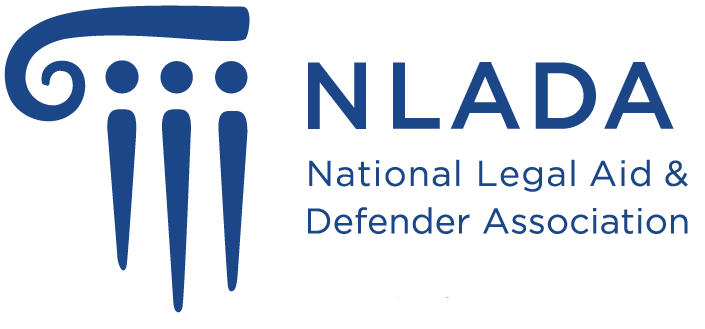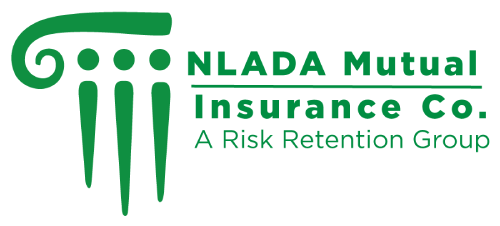America relies on a host of dedicated public servants to ensure that people in our country have access to essential services like health care, education, and fairness in our justice system. This is made possible in many areas by the Public Service Loan Forgiveness (PSLF) program, enacted in 2007 by then President George W. Bush, which makes it possible for graduates to devote their careers to addressing the most pressing needs of their communities. Recognizing the need to overcome the barrier of high student debt in order to build cadres of public servants in these fields, PSLF allows individuals to earn forgiveness after at least 10 years of service at a qualifying employer and 120 monthly payments on an income-driven repayment (IDR) plan.
When individuals earn forgiveness, it is our communities that benefit. Public defenders, prosecutors, civil legal aid attorneys and court personnel, for example, are indispensable components of the administration of justice in our country. Their work helps protect Americans from injustice and strengthens the rule of law in our democracy; it is an integral part of our constitutional system.
In November of 2017, NLADA conducted a survey that sought to help us better understand the impact of PSLF on equal justice advocates and the communities they serve. This report is based on survey responses from more than 3,000 individuals. It helps explain the impact of PSLF on civil legal aid and public defender programs and the communities they serve.
Survey responses from borrowers currently working toward earning forgiveness, and from top executives at legal aid and public defender programs, suggest that PSLF has expanded access to justice by improving both the quality and availability of legal representation for low-income Americans. 81 percent of respondents, for example, who were aware of PSLF at the time they took their current job reported having been significantly influenced by the program’s promise, with 51 percent indicating they were not likely or certain not to have taken their positions had PSLF not existed. Likewise, 71 percent of respondents who are top executives at their program (Executive Director, Chief Public Defender, etc.) consider PSLF to be a highly important tool for retaining experienced staff, and almost two thirds believe it is important for attracting new hires.
A typical respondent on an income-driven plan would accrue more interest than their payments would cover. As a result, what they end up owing after years of payments is more than the principal borrowed. This means that income-driven repayment plans help keep monthly payments affordable but they are insufficient without an attached promise of loan forgiveness for individuals earning public sector salaries. Many respondents reported that PSLF is the only reason they can afford to remain in public service and also look forward to home ownership, starting a family, or saving for retirement.

